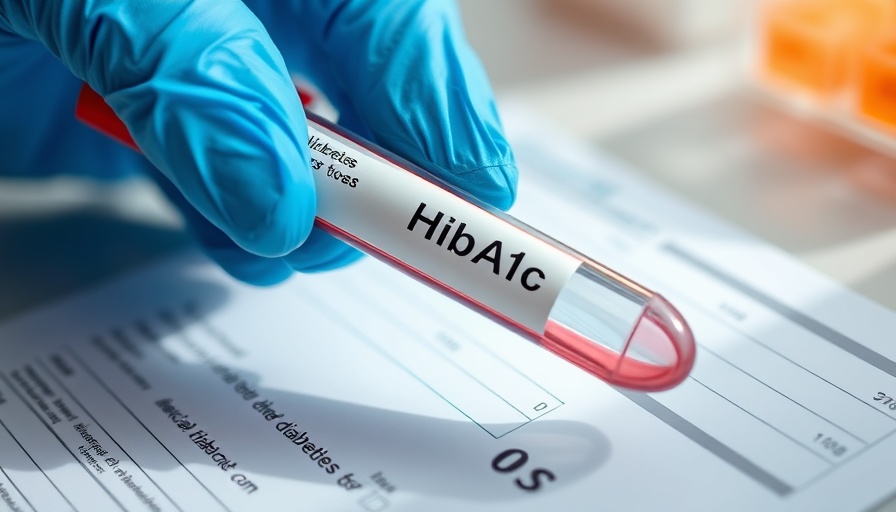
Understanding A1c Variability and Its Impact on Diabetes
Managing diabetes is a multifaceted challenge, one that encompasses not only diet and exercise but also the critical management of blood sugar levels. Recent research has illuminated a crucial aspect of diabetes management: the link between high variability in A1c levels and increased mortality risks. This finding is particularly important for those navigating the complexities of diabetes care. A1c, or glycated hemoglobin, provides a snapshot of average blood sugar control over the past two to three months, and understanding its fluctuations can make a significant difference in health outcomes.
The Risks of High A1c Variability
High A1c variability is associated with unstable blood sugar control, which can lead to severe complications, including cardiovascular issues and diabetic ketoacidosis. Recent studies have highlighted that patients who experience significant swings in their A1c levels may face higher mortality rates. This revelation emphasizes the need for consistent management strategies to keep blood sugar levels stable.
Importance of Telemedicine in Managing Diabetes
In today's fast-paced world, telemedicine is emerging as a vital tool for individuals managing diabetes. Through remote consultations, patients can regularly connect with healthcare providers to monitor their progress and adjust medications or lifestyle choices as needed. This ongoing communication can help to stabilize A1c levels and reduce variability, making telemedicine an invaluable resource for diabetes care.
Strategies for Achieving Stable A1c Levels
To achieve stable A1c levels, a combination of strategies is essential. Regular monitoring of blood sugar, adhering to a balanced diet, and consistent exercise can all play significant roles in keeping levels steady. Moreover, patients are encouraged to engage with their healthcare providers to tailor a plan that fits their lifestyle and personal health circumstances.
The Future of Diabetes Management: A Call for Community Support
As we comprehend the implications of high A1c variability, it becomes clear that communities can play a monumental role in supporting individuals with diabetes. Local wellness initiatives aimed at education and resources can empower community members to take charge of their health. Furthermore, advocating for better access to telemedicine can lead to improved healthcare outcomes across the board.
In light of these findings, let us foster connections within our community that enhance awareness and support for those living with diabetes. Whether it’s through local health events or virtual workshops, taking action can make a substantial impact.
 Add Row
Add Row  Add
Add 




Write A Comment